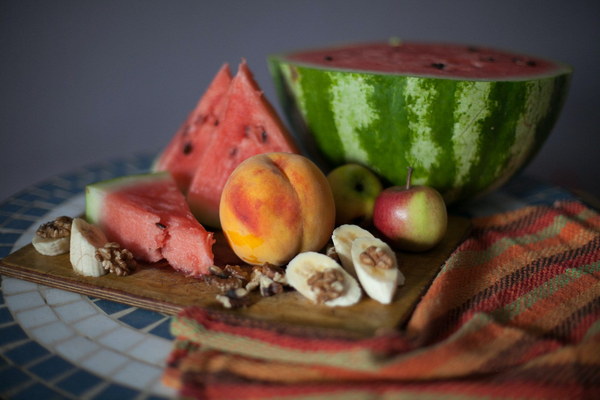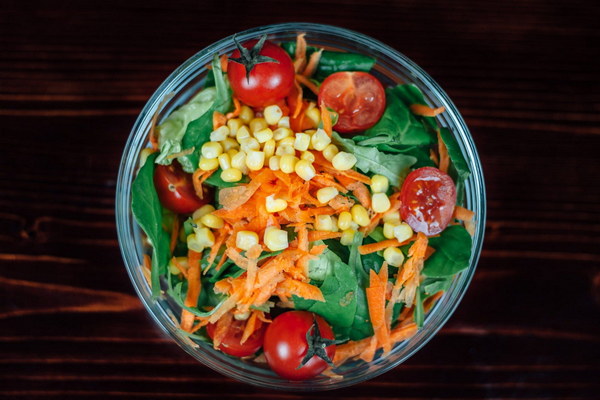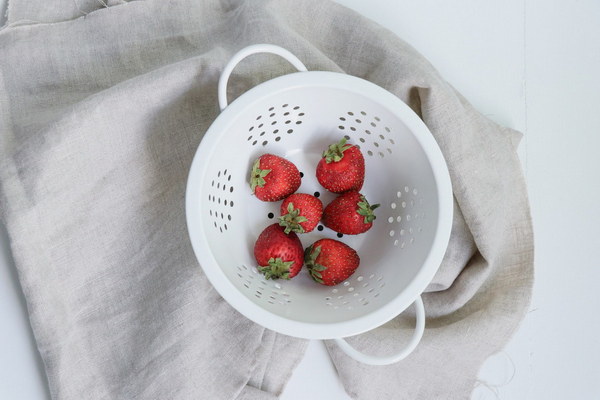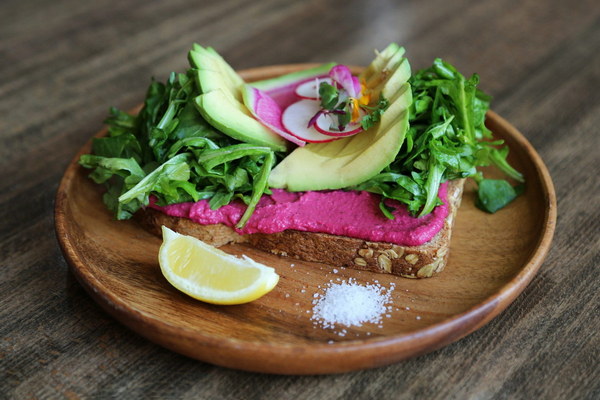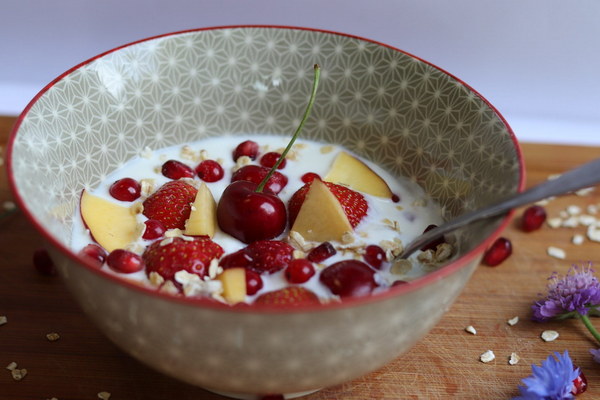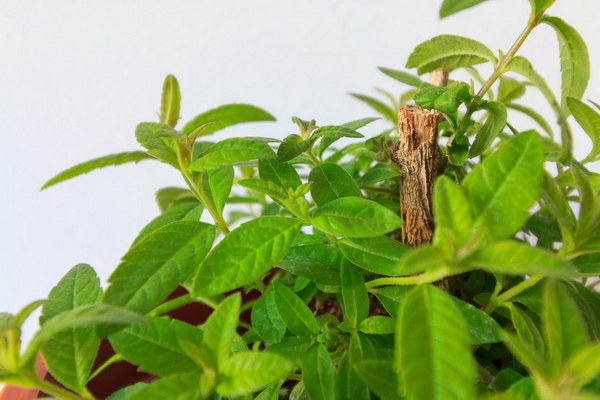Nourishing Children The Benefits of Herbal Teas for Kids
Introduction:
In today's fast-paced world, it is crucial to ensure that children receive proper nutrition and care to support their growth and development. One way to promote their well-being is by introducing them to herbal teas, which offer numerous health benefits without the added sugars and caffeine found in many other drinks. This article explores the advantages of incorporating herbal teas into a child's diet and provides guidance on selecting the right options for your little ones.
1. Immune System Support:
Herbal teas are known for their immune-boosting properties. Many herbal teas, such as echinacea and elderberry, can help strengthen the immune system, making children less susceptible to colds and flu. These teas are naturally sweet and can be a delightful alternative to sugary juices or sodas.
2. Digestive Health:
Children often face digestive issues, such as bloating or constipation. Herbal teas, such as ginger or fennel, can aid in digestion and promote gut health. These teas can be consumed after meals to help relieve discomfort and improve overall digestive function.
3. Calming Effects:
Herbal teas, like chamomile and lavender, have calming properties that can help soothe children's nerves and promote relaxation. These teas are ideal for bedtime rituals, helping children unwind and fall asleep more easily. Additionally, they can be beneficial for anxious or restless children, offering a natural alternative to over-the-counter remedies.

4. Hydration:
Encouraging children to drink water is essential for their overall health. However, many kids find plain water unappealing. Herbal teas provide a flavorful alternative that can help children stay hydrated. By offering a variety of herbal teas, you can keep their taste buds engaged while ensuring they receive adequate fluids.
5. Nutrient-Rich Options:
Herbal teas are not just hydrating; they are also rich in various nutrients. For example, hibiscus tea contains vitamin C, and green tea is rich in antioxidants. By incorporating these teas into your child's diet, you can provide them with additional nutritional benefits that support their growth and development.
6. Taste and Variety:
Herbal teas come in a wide range of flavors and can cater to different taste preferences. From fruity rooibos to minty peppermint, there is an herbal tea for every child. Offering a variety of options can make tea time an enjoyable experience and encourage children to drink more fluids.
7. Safety and Allergies:
When selecting herbal teas for children, it is crucial to consider their safety and potential allergens. Opt for organic and pure herbal teas without added flavors or preservatives. Consult with a healthcare professional if your child has any known allergies or sensitivities.
Conclusion:
Introducing herbal teas to your child's diet can offer numerous health benefits while providing a delightful and flavorful beverage option. From supporting their immune system and digestive health to promoting relaxation and hydration, herbal teas are a valuable addition to a child's daily routine. By exploring the vast array of flavors and selecting the right options, you can ensure that your little ones receive the nourishment they need to thrive.

